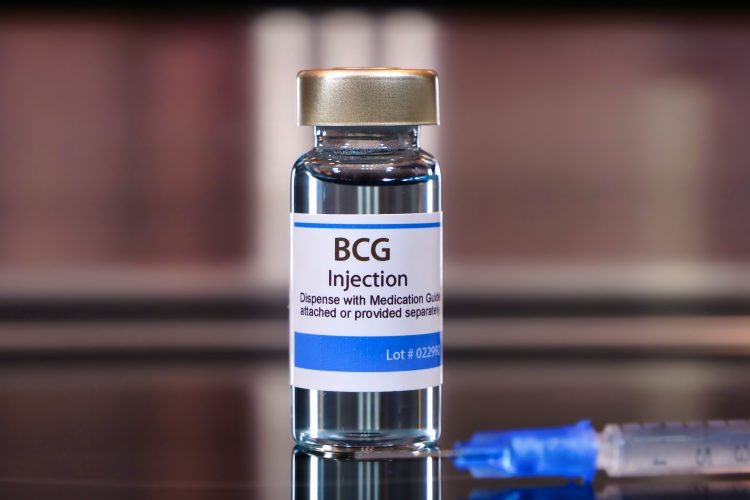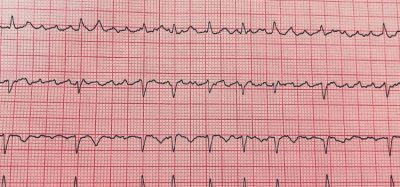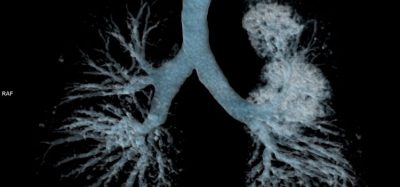One of the oldest vaccines could help combat COVID-19
Posted: 25 November 2020 | Hannah Balfour (European Pharmaceutical Review) | No comments yet
Researchers have shown that recipients of the Bacillus Calmette-Guérin (BCG) vaccine are less likely to contract COVID-19 in a new study.


A new study has associated the Bacillus Calmette-Guérin (BCG) tuberculosis (TB) vaccine with reduced likelihood of contracting COVID-19. According to the researchers, this raises the possibility that a vaccine already approved by the US Food and Drug Administration (FDA) – and many other regulators across the globe – may help prevent coronavirus infections or reduce the severity of COVID-19.
The BCG vaccine was developed between 1908 and 1921 and is administered to more than 100 million children around the world every year. In the US, it is also FDA-approved to treat bladder cancer and as a vaccine for people at high risk of contracting TB. Several clinical trials are currently evaluating the effectiveness of the BCG vaccine against COVID-19.
In the new study, published in The Journal of Clinical Investigation, investigators tested the blood of 6,201 healthcare workers in the Cedars-Sinai Health System US, for evidence of antibodies to SARS-CoV-2, the virus that causes COVID-19, and also asked them about their medical and vaccination histories.
Workers who claimed to have received BCG vaccinations (roughly 30 percent), were found to be significantly less likely to test positive for SARS-CoV-2 antibodies or to report having coronavirus-related symptoms or confirmed COVID-19 infections within the last six months.
The researchers reported that these effects were not associated with whether workers had received meningococcal, pneumococcal or influenza vaccinations.
However, the reason for lower SARS-CoV-2 antibody levels in the BCG group were not clear, said Dr Moshe Arditi, director of the Pediatric and Infectious Diseases and Immunology Division at Cedars-Sinai and co-senior author of the study.
“It appears that BCG-vaccinated individuals either may have been less sick and therefore produced fewer anti-SARS-CoV-2 antibodies, or they may have mounted a more efficient cellular immune response against the virus,” said Arditi. “We were interested in studying the BCG vaccine because it has long been known to have a general protective effect against a range of bacterial and viral diseases other than TB, including neonatal sepsis and respiratory infections.”
According to the researchers, BCG vaccinated individuals had lower SARS-CoV-2 antibody levels despite also having higher frequencies of various risk factors known to make patients more susceptible to SARS-CoV-2 and develop severer symptoms (including hypertension, diabetes, cardiovascular diseases and COPD).
Arditi said that while no-one believes that the BCG vaccine will be more effective than specific COVID-19 vaccines, it could be more quickly approved and made available because of its well-established safety profile. “It is a potentially important bridge that could offer some benefit until we have the most effective and safe COVID-19 vaccines made widely available,” he said.
Co-senior author of the study, Susan Cheng, MD, MPH, MMSc, associate professor of Cardiology and director of Public Health Research at the Smidt Heart Institute at Cedars-Sinai, added: “Given our findings, we believe that large, randomised clinical trials are urgently needed to confirm whether BCG vaccination can induce a protective effect against SARS-CoV2 infection.” (Several are already underway).
Related topics
Biologics, Clinical Trials, Drug Safety, Immunisation, Vaccines, Viruses
Related organisations
Cedars-Sinai Health System, US Food and Drug Administration (FDA)









